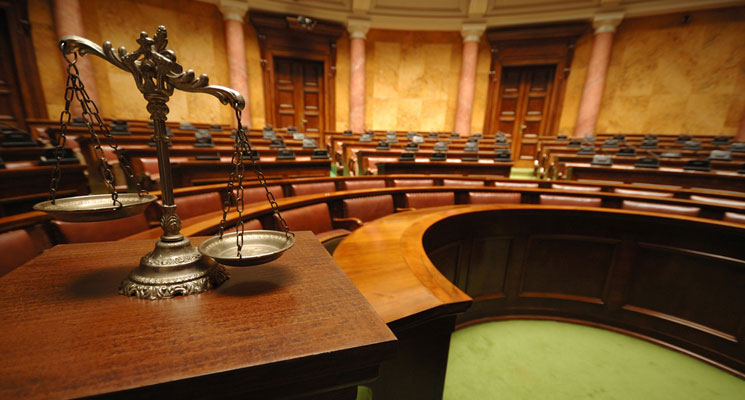المداولة السابقة لإصدار حكم التحكيم ومدى تعلقها بالنظام العام
The Pre-Award Deliberation in Arbitration and Its Relevance to Public Order

اعداد : مرام بلال إبراهيم دحبور
المركز الديمقراطي العربي : –
-
مجلة العلوم السياسية والقانون : العدد الرابع والأربعون حزيران – يونيو 2025 – المجلد 11 – وهي مجلة دولية محكمة تصدر عن #المركز_الديمقراطي_العربي المانيا- برلين.
- تُعنى المجلة في الدراسات والبحوث والأوراق البحثية عمومًا في مجالات العلوم السياسية والعلاقات الدولية،والقانون والسياسات المقارنة، والنظم المؤسسية الوطنية أو الإقليمية والدولية.
Nationales ISSN-Zentrum für Deutschland
Journal of Political Science and Law
للأطلاع على البحث من خلال الرابط المرفق : –
ملخص :
تناول هذا البحث بالدراسة والتحليل مسألة “المداولة السابقة لإصدار حكم التحكيم” بوصفها مرحلة إجرائية أساسية في العمل التحكيمي، وذلك من خلال بحث طبيعتها القانونية وارتباطها بقواعد النظام العام. وتبرز أهمية هذه المرحلة في كونها تُمثل الأداة التي تضمن إصدار الحكم التحكيمي بناءً على مناقشة جماعية بين أعضاء هيئة التحكيم، وهو ما يُعزز من مشروعية الحكم ويضمن تحقيق العدالة بين أطراف النزاع.
يسعى البحث إلى تحديد مفهوم المداولة في سياق التحكيم، وبيان الأطر القانونية التي تنظّمها سواء في التشريعات الوطنية أو الاتفاقيات الدولية ذات الصلة، كما يستعرض الشروط الشكلية والموضوعية التي ينبغي توافرها لصحة هذه المرحلة، ويُبرز الضمانات القانونية التي توفرها المداولة، سواء للمحكّمين أنفسهم من حيث حرية التعبير عن الرأي، أو للأطراف من حيث ضمان حيادية القرار التحكيمي.
كما يبحث البحث فيما إذا كانت قواعد المداولة تُعد من النظام العام، ومدى جواز الاتفاق بين الأطراف على مخالفتها أو تجاوزها، في ظل التوازن الحرج بين مبدأ سلطان الإرادة في التحكيم ومتطلبات العدالة الإجرائية. وقد خلصت الدراسة إلى أن الإخلال بالمداولة يمكن أن يؤدي إلى بطلان الحكم التحكيمي في حال ثبوت تأثيره على عدالة القرار، ما يجعل من احترام هذه المرحلة ضرورة قانونية لا يمكن الاستغناء عنها.
Abstract
This study examines the process of deliberation preceding the issuance of an arbitral award, considering it a fundamental procedural stage in arbitration. It explores the legal nature of deliberation and its potential classification as a rule of public policy. The significance of this phase lies in its role as a mechanism that ensures the arbitral award is rendered following collective discussion among arbitrators, thereby enhancing the legitimacy of the decision and upholding fairness for all parties involved.
The research aims to define the concept of deliberation within the context of arbitration and to clarify the legal frameworks governing it—both in national legislation and relevant international instruments. It further analyzes the formal and substantive conditions required for a valid deliberation process, highlighting the legal safeguards it offers. These include protections for arbitrators, such as the freedom to express their opinions without coercion, and for parties, through the assurance of a neutral and balanced decision-making process.
The study also investigates whether the rules regulating deliberation constitute part of public policy, and whether the parties may lawfully agree to waive or modify them. This analysis takes into account the delicate balance between the principle of party autonomy in arbitration and the imperative of procedural justice. The research concludes that a failure to properly conduct deliberation—especially where it affects the fairness of the outcome—may result in the annulment of the arbitral award. Thus, deliberation emerges as a legally indispensable stage that cannot be disregarded without undermining the integrity of the arbitral process.




